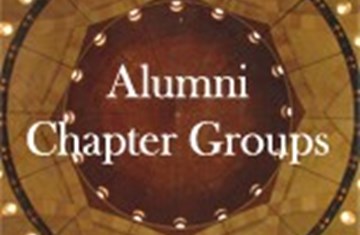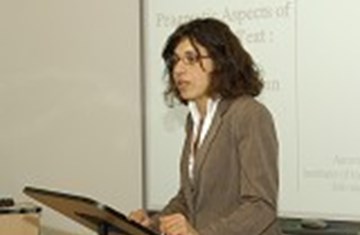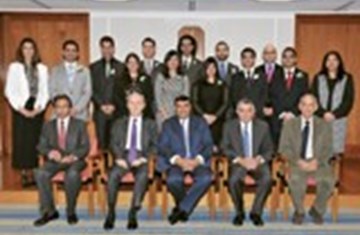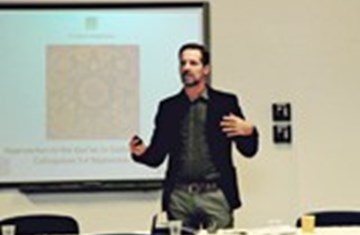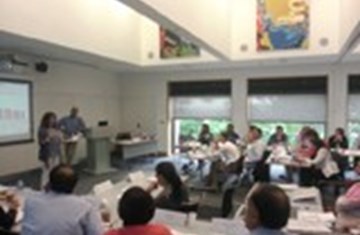In Memory of Peter Willey, Authority on Medieval Ismaili Castles
His final work, Eagle’s Nest: Ismaili Castles in Iran and Syria, published in 2005 by The Institute of Ismaili Studies in association with I.B. Tauris, is recognised as the standard work on the subject. A Persian translation of the same was published in Tehran in 2007.
Peter Willey began his archaeological research in 1959 and, over the course of more than twenty expeditions spanning forty years, he identified and documented the ruins of many Ismaili castles. His first book, The Castles of the Assassins, was published in 1963 and also translated into Persian. Besides writing books, Major Willey also contributed articles to The Times, the Geographical Magazine and the Encyclopaedia Iranica, where he wrote about the Nizari Ismaili Monuments in Iran and Syria. His writings are also a rich personal account of the adventures of travelling in remote locations and his interactions with local people.
Major Willey’s works offer an absorbing account of the history of the Ismailis during the medieval period and their struggle for security and freedom. The courage and endurance they exhibited have become the subject of many myths which persist to this day. Peter Willey documented the military genius of the Ismailis in their construction of fortresses, built from around 1090 CE until their defeat by the Mongols in 1258 CE. The Ismailis not only located their fortresses in remote, inaccessible, mountainous regions but also ensured easy access to food and water that enabled them to withstand long sieges. These castles often were far more than defensive military complexes, since they also provided the seat of the local Ismaili government and had extensive libraries containing valuable manuscripts and scientific instruments.
It was during his school days that Peter Willey first became interested in the study of historical monuments and artefacts, particularly castles. He grew up near Edgehill, England, where the first major conflict of the English Civil War took place. He used to spend many hours wandering over the ancient battlefield, “digging things up” as he puts it in an interview for the IIS website in 2008. Major Willey went to school at Charterhouse before studying at Christ’s College in Cambridge.
Peter Willey attained the rank of Major during war service but was injured and returned to Cambridge. It was here while studying French and German that he became acquainted with the poetry of Hafiz and Nasir Khusraw through reading Goethe. The combination of his love of history and fascination with Persian culture led him to jump at the opportunity of visiting the parent of one of his pupils who was a British ambassador in Tehran.
It was upon the encouragement of his chief academic advisor and mentor, the late Dr. Samuel M. Stern, the distinguished scholar of Islam and especially Ismaili history, that Major Willey took the opportunity of his visit to Iran to undertake research on Ismaili castles. This was the first of several extensive travels in Iran and Syria. In 1968 he extended his studies to the Northern Areas of Pakistan and the Badakhshan province of Afghanistan. His 1997 expedition was supported by the Iran Heritage Foundation and The Institute of Ismaili Studies.
Many of Peter Willey’s expeditions were undertaken during school holidays at Wellington College, where he became Head of German as well as a Senior Housemaster. After retiring from Wellington, Major Willey lectured at Bristol University on the Middle East and Islamic Art. The range of Peter Willey’s work and interests is reflected in his work as Interfaith Adviser to the Diocese of Salisbury; his investigations on the abuse of women’s rights in Turkey and the effects of the narcotics trade in Afghanistan, the latter for Anti-Slavery International. He was also a member of the Royal Society of Asian Affairs and a fellow of the Royal Geographical Society.
The IIS pays tribute to this outstanding scholar and explorer who dedicated much of his adult life to the study of medieval Ismaili castles, and by so doing made an original contribution to the field of Ismaili studies. He will be much missed by his many friends at the IIS.
There will be a memorial service for Major Peter Willey in the autumn at Wellington College.

